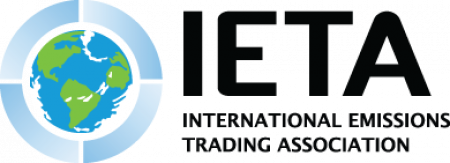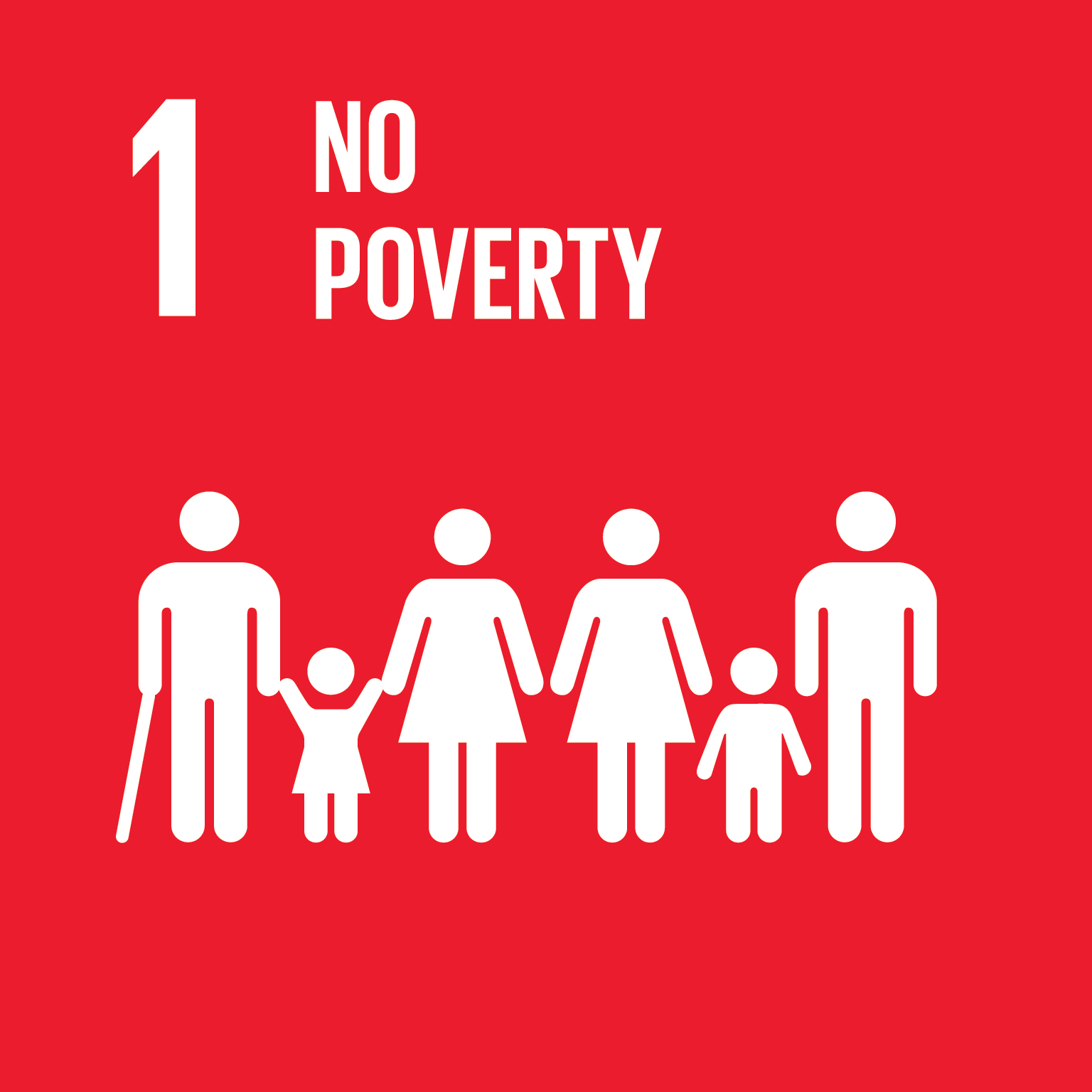

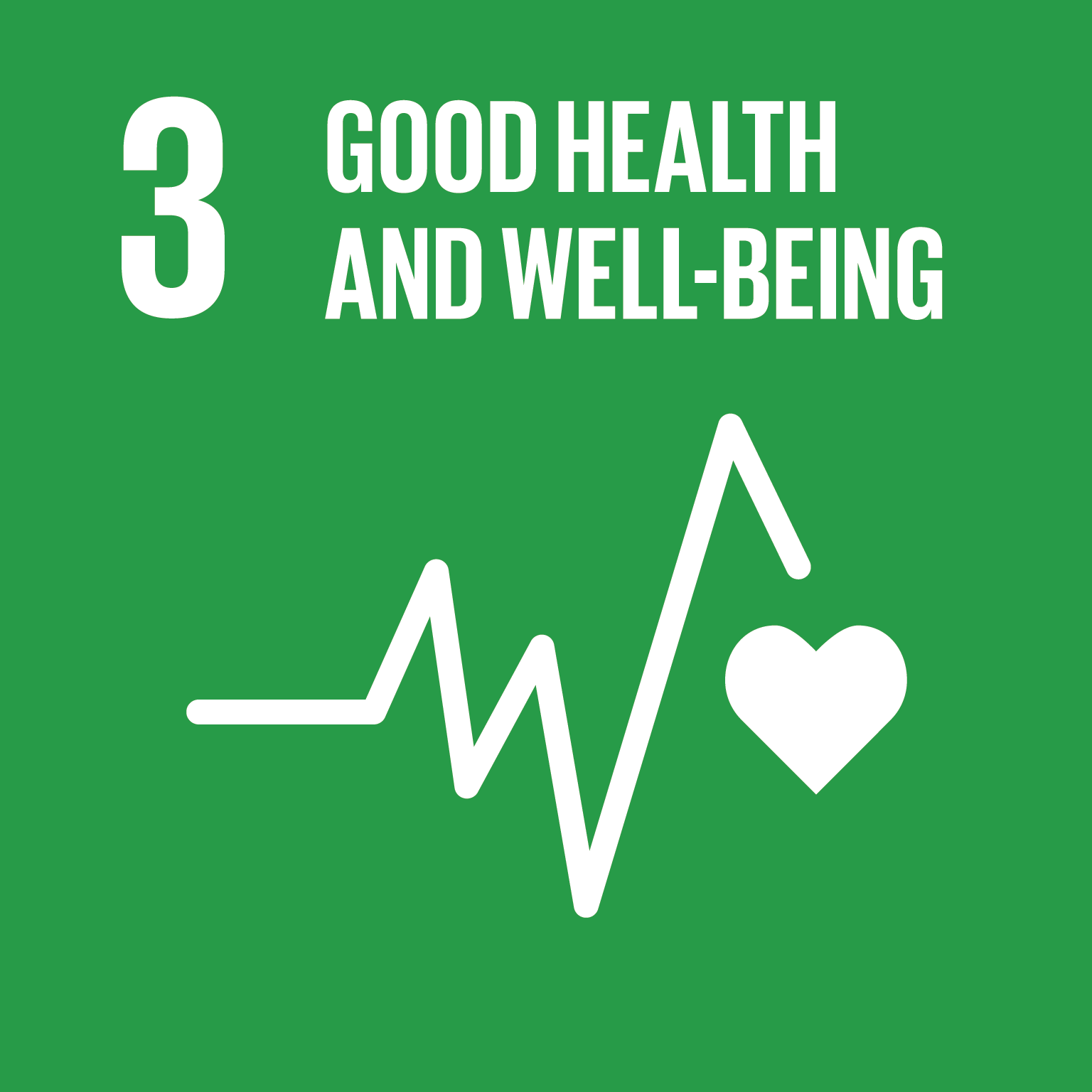
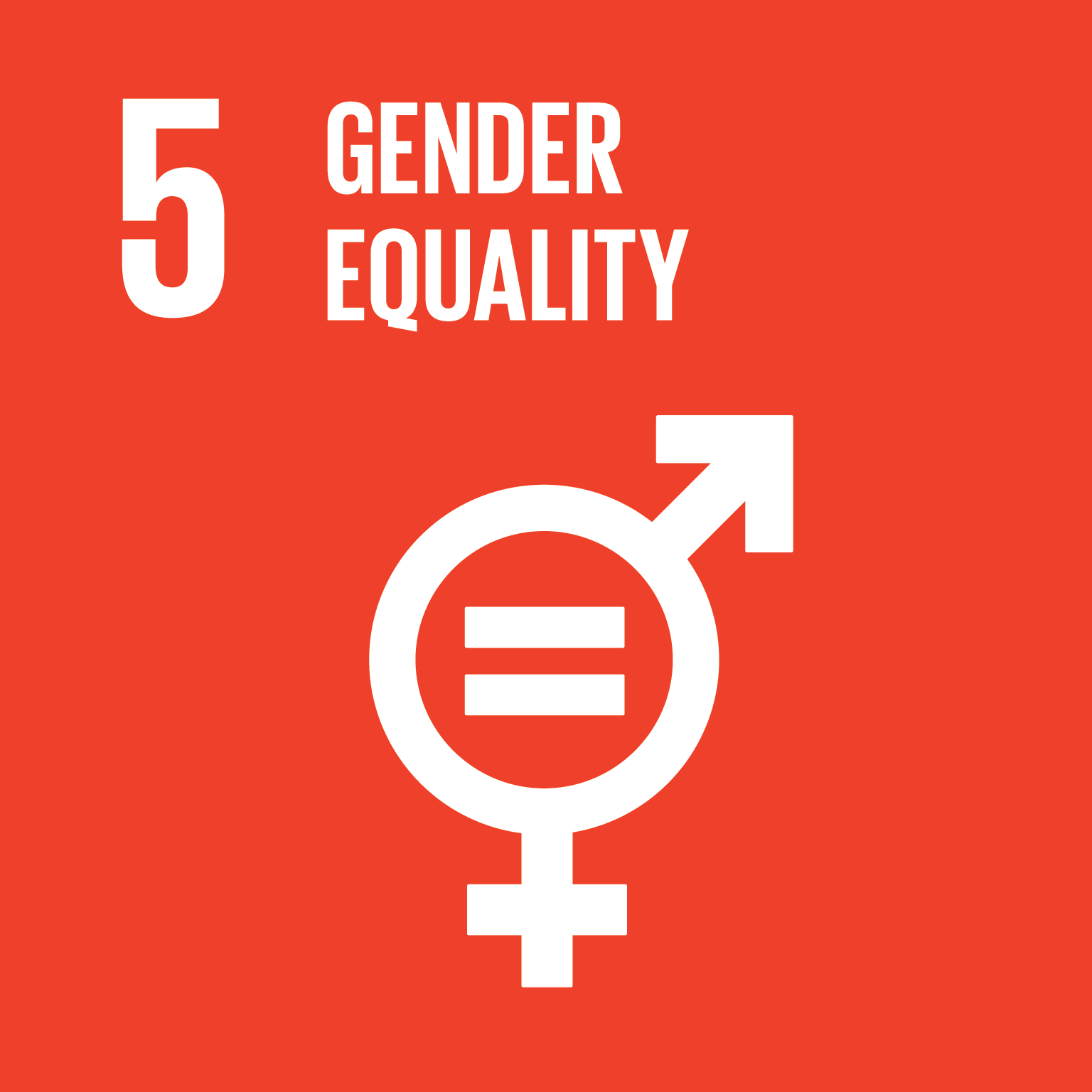
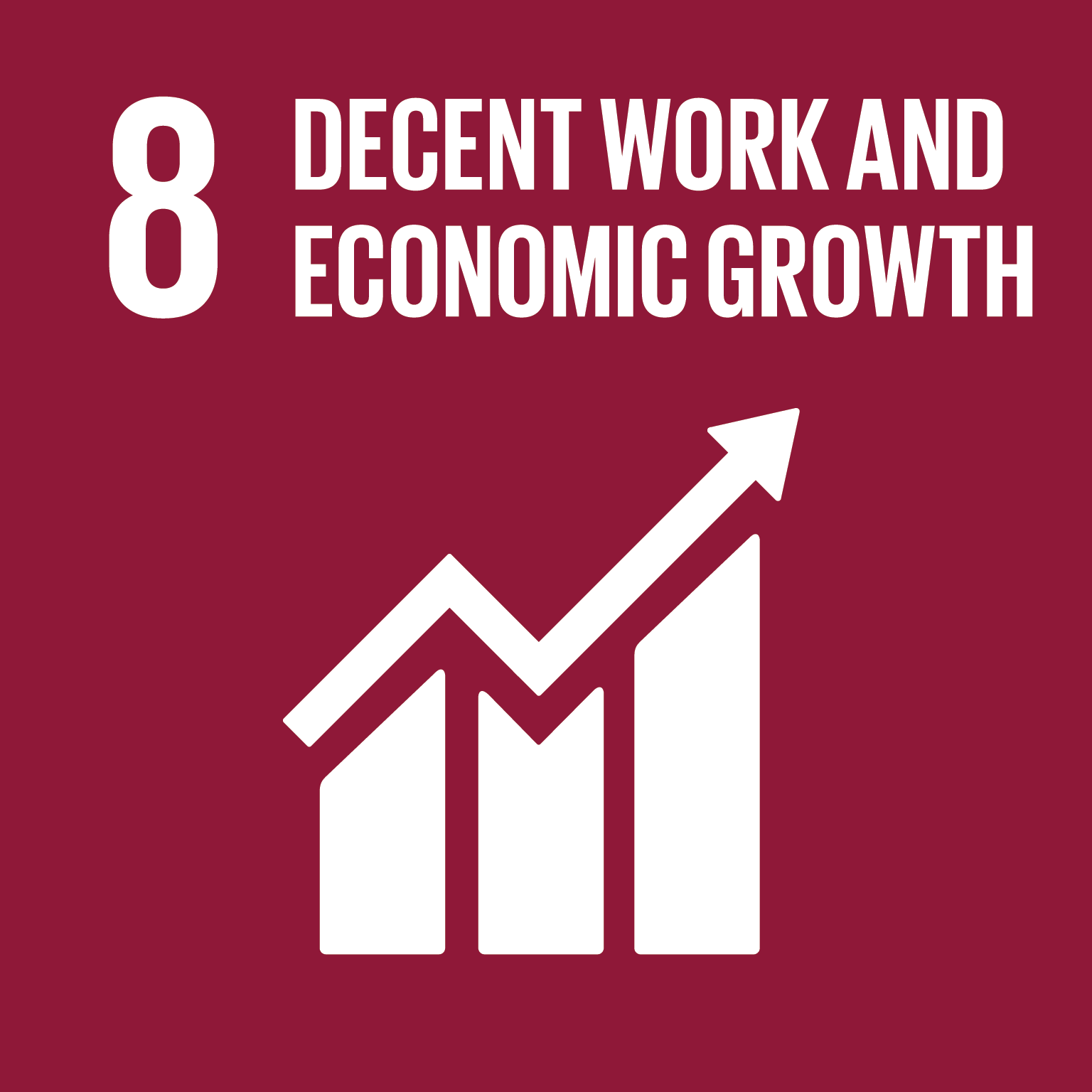
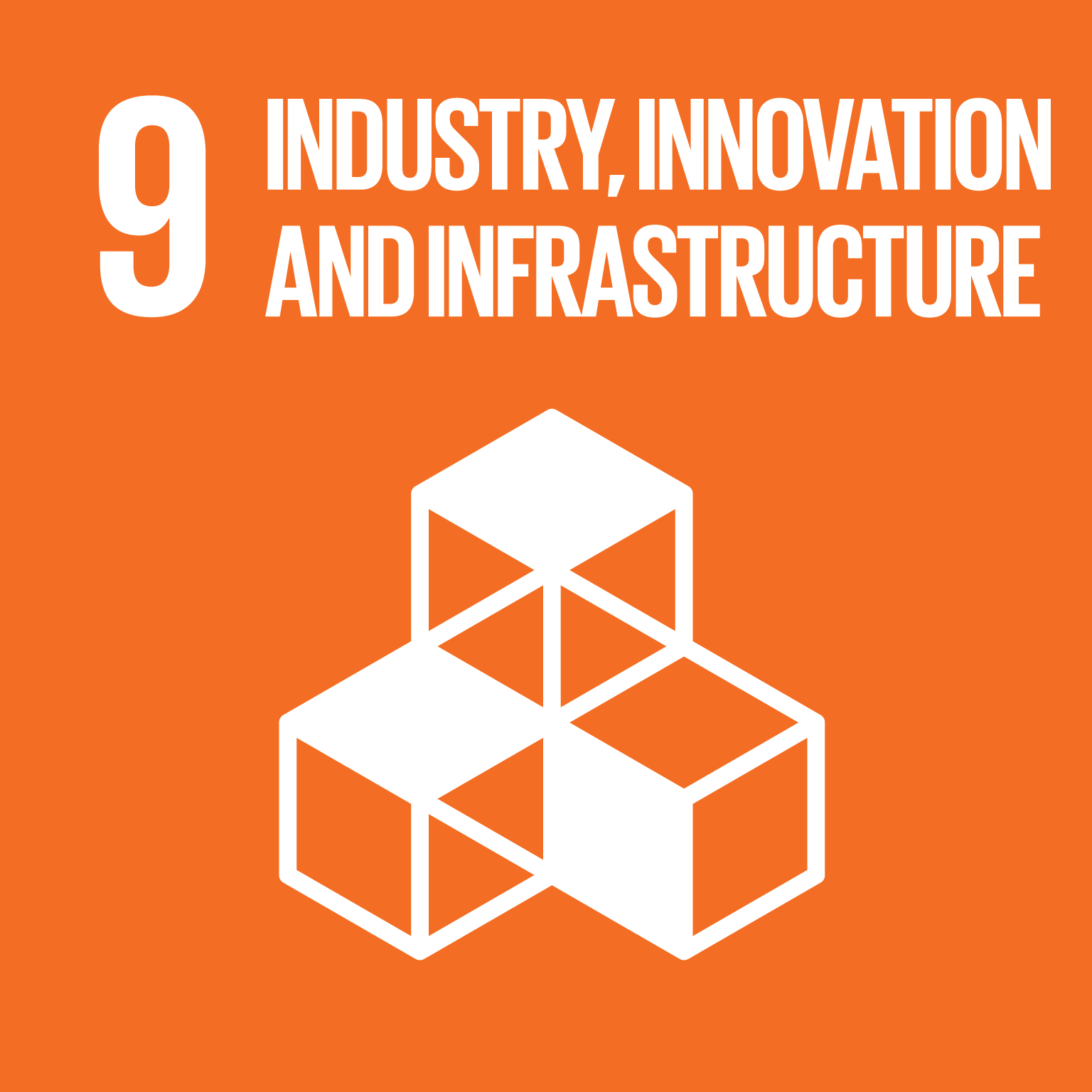
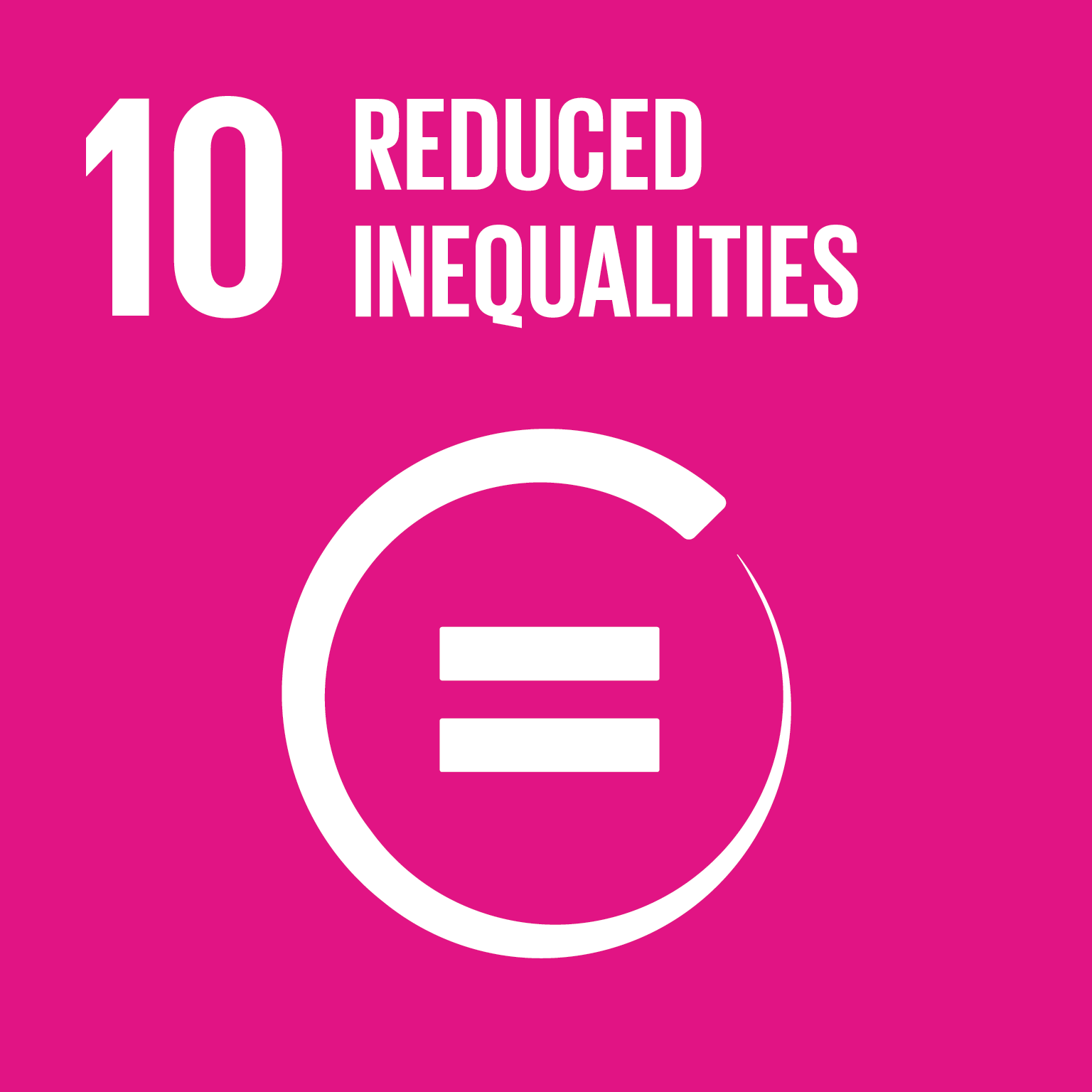
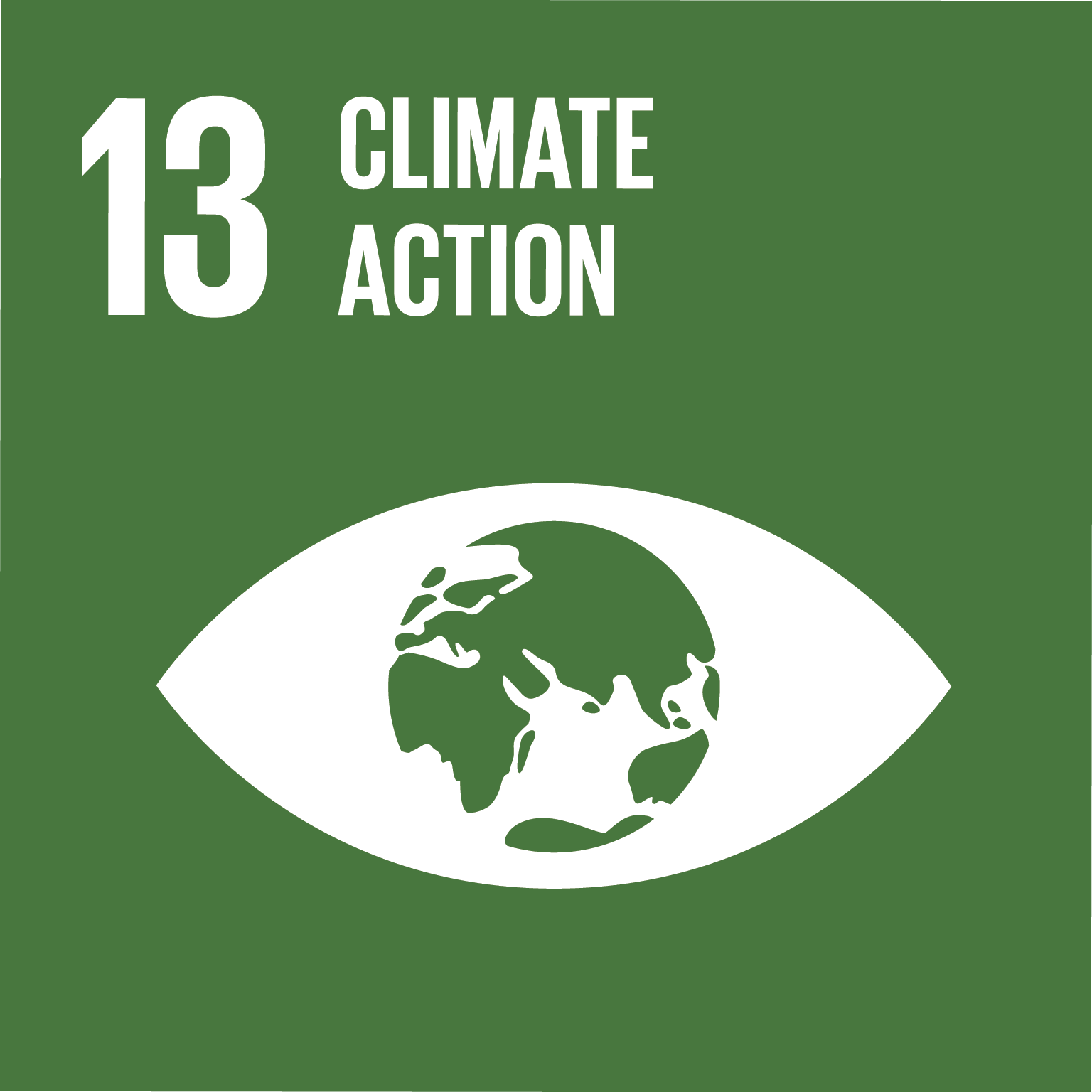
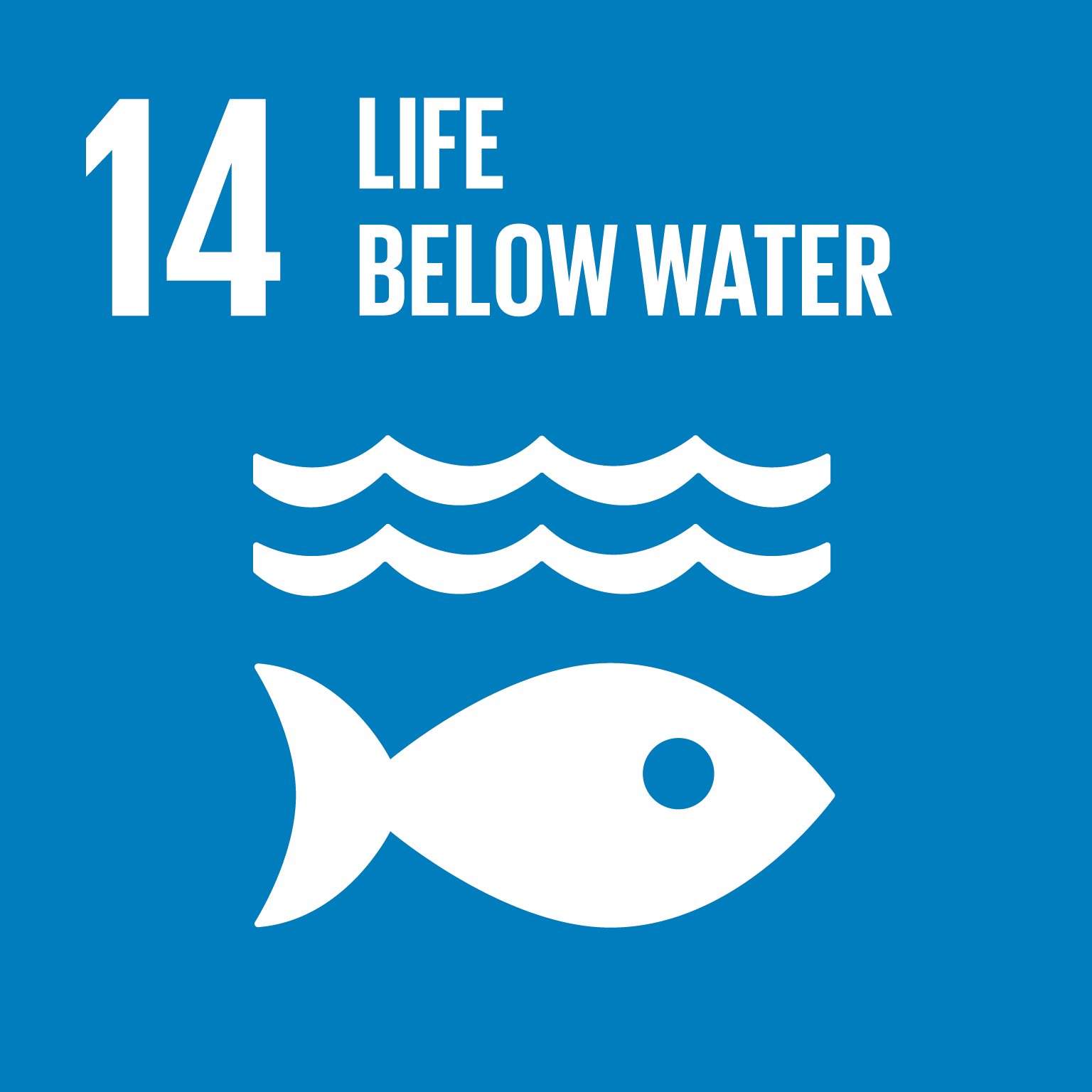
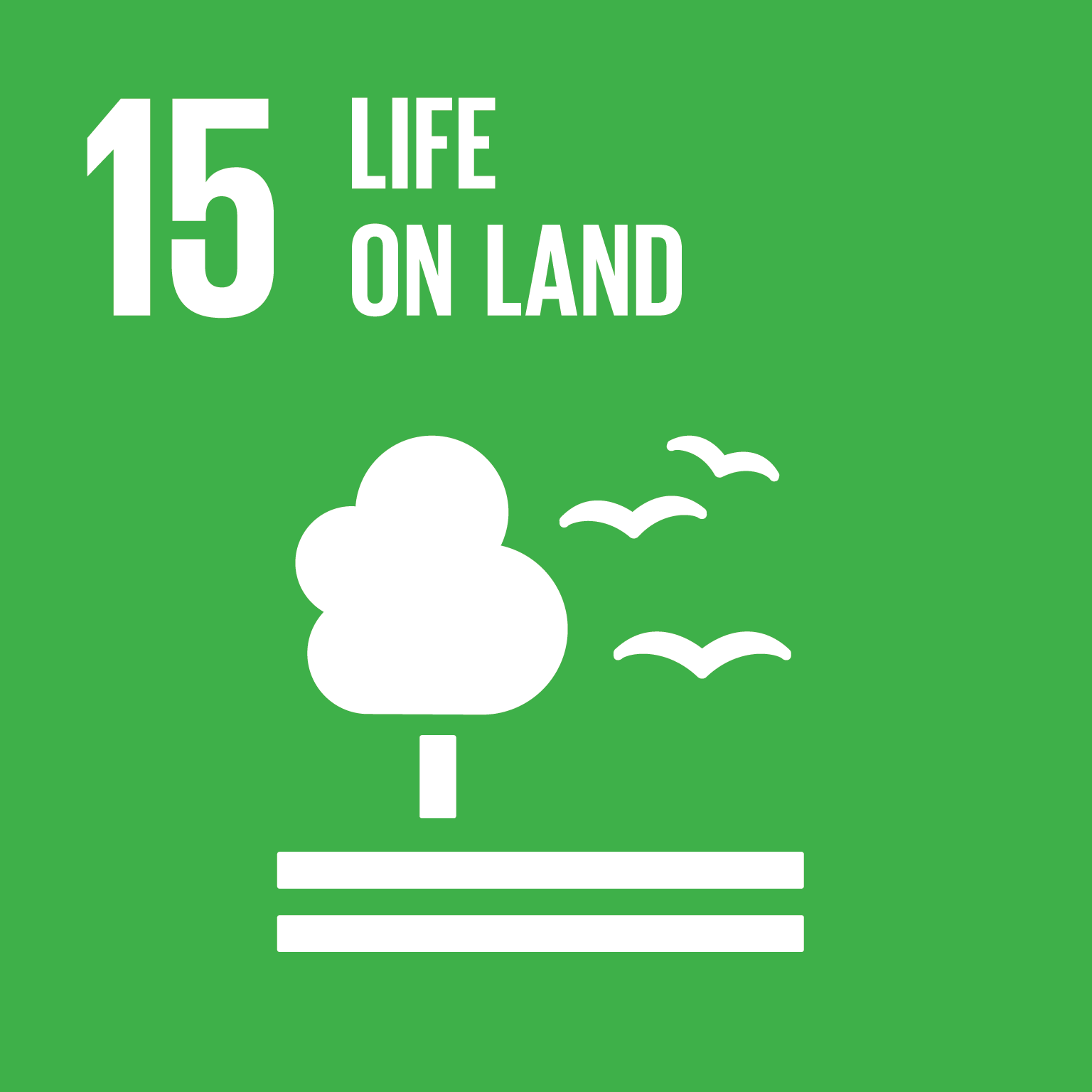
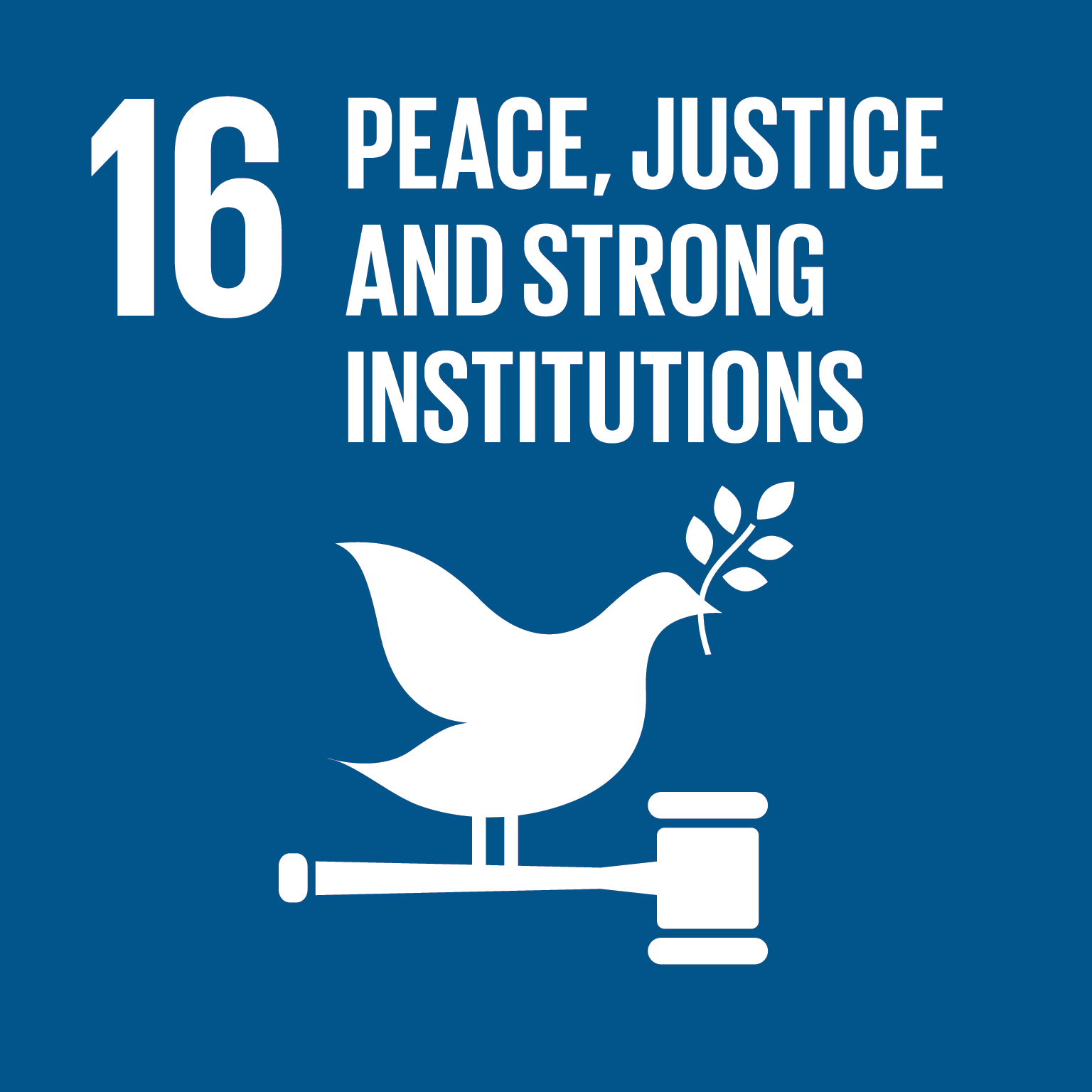
This is the world’s largest soil carbon project and is restoring grassland throughout almost two million hectares of community managed rangeland in northern Kenya. This project is the first of its kind, with pastoralist communities using planned rotational grazing that materially reduces the degradation and over grazing typical in the region. This results in improved conditions for soil and grass to regenerate and through this process, soil carbon is gradually rebuilt, delivering the highly unusual combination of large-scale carbon removal credits which are also CCB Triple Gold certified.
Local conservancies, run for and by the local communities, have been established to create stronger governance structures in regions with communal land use. The project supports conservancies by creating regional grazing plans that allow shorter grazing periods, sufficient rest and agreements among conservancies to reduce conflicts over limited grass resources.
Theory of change
The region’s grasses are a primary resource for the livelihoods of a very diverse population of both people and animals – pastoralists’ herds share the land with wild herbivores including rhino, zebra, giraffe and orynx. Increased population pressure and overgrazing, exacerbated by drought, had led to many years of grass and soil degradation before the onset of the project.
Community conservancies with clear land tenure enables planned grazing schedules which prevents the perennial grasses being grazed for too long, allowing sufficient time for them to regrow and regenerate.
This results in improved soil conditions, regenerated grass and numerous other benefits for people and biodiversity.
Climate change mitigation
This is a new carbon removal project on an ambitious scale: covering a vast area the size of Wales. It is anticipated to remove and store 50 million tonnes of carbon over its 30-year lifespan – the equivalent of the annual emissions of 10 million cars.
Managed grazing of grasslands allows plant cover to regenerate, which improves soil health and soil carbon sequestration rates, which means more atmospheric carbon is absorbed and stored in the soil. Between 2013 and 2016, through rotational grazing practices led by pastoralists, the project sequestered more than 3.2 million tonnes of carbon in the region’s soils, making it currently one of the largest landscape-scale carbon removal projects in the world.
Project impact areas
Pastoralists have improved pasture for their livestock, which means enhanced livelihoods as healthier livestock will mean more meat and milk and higher prices for both at market. Greater quantity and quality of grazing means less conflict over scarce grazing areas, and fewer deaths of livestock. Income from carbon credits helps diversify community income and fund additional programmes such as education bursaries, developing water infrastructure or building health facilities.
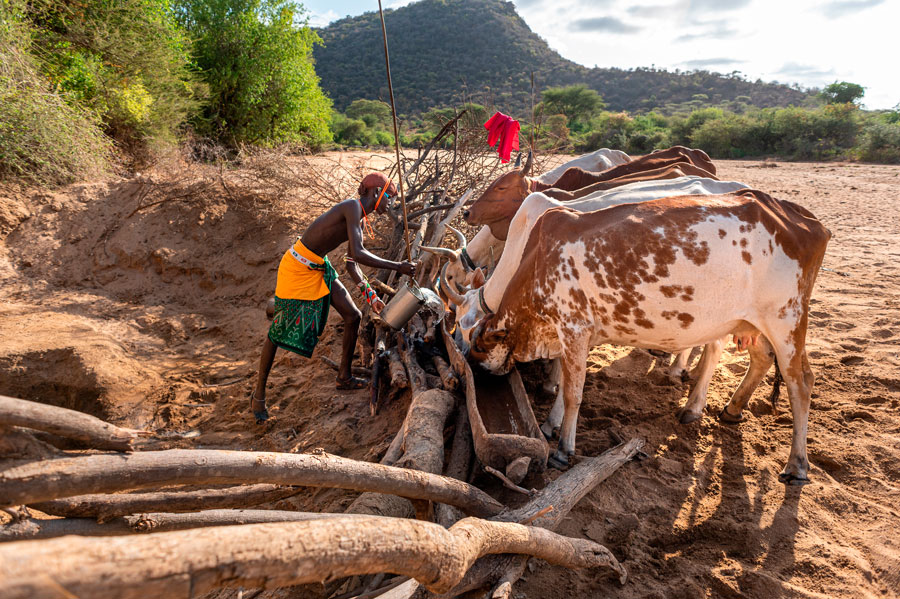
The expected financial and productivity benefits resulting from the new grazing methods are projected to secure and motivate the conservancies and communities to continue to protect their rangelands from degradation and overgrazing. The project activity will create more forage for livestock and wildlife, making the animals healthier, as well as making the grasslands’ ecosystems more resilient to drought by increasing the soil’s water holding and filtration capacity. Future project revenues will also support efforts to mitigate the effects of extreme drought.
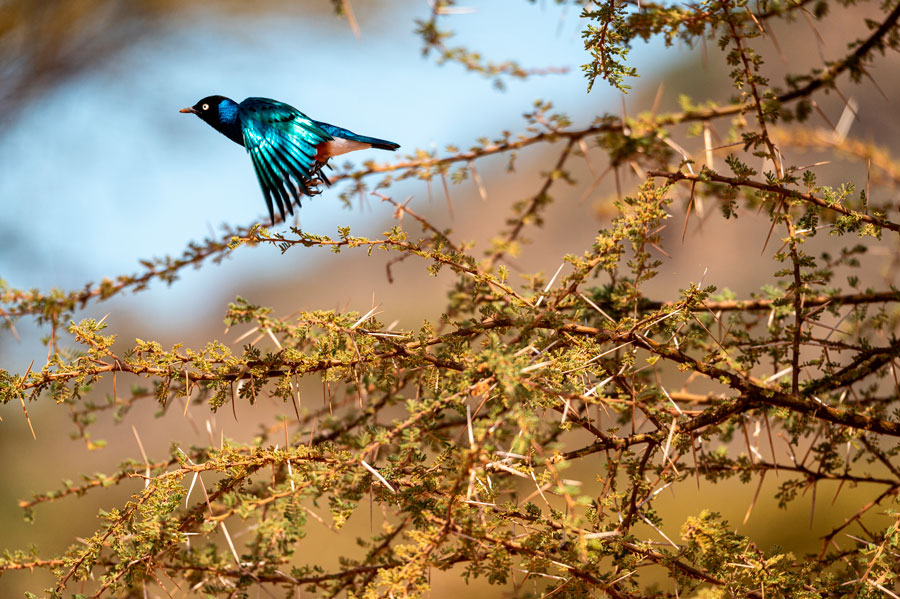
This is a High Value Conservation area, and the improved soil quality and grass cover will provide an important habitat for endangered species in the project area, such as the Eastern Black Rhino, Grevy’s Zebra, the Reticulated Giraffe and the Beisa Oryx. Income also goes towards funding ongoing wildlife conservation efforts through conservancy operations (e.g. funding for anti-poaching rangers), so it will no longer be solely reliant on tourism and donations.
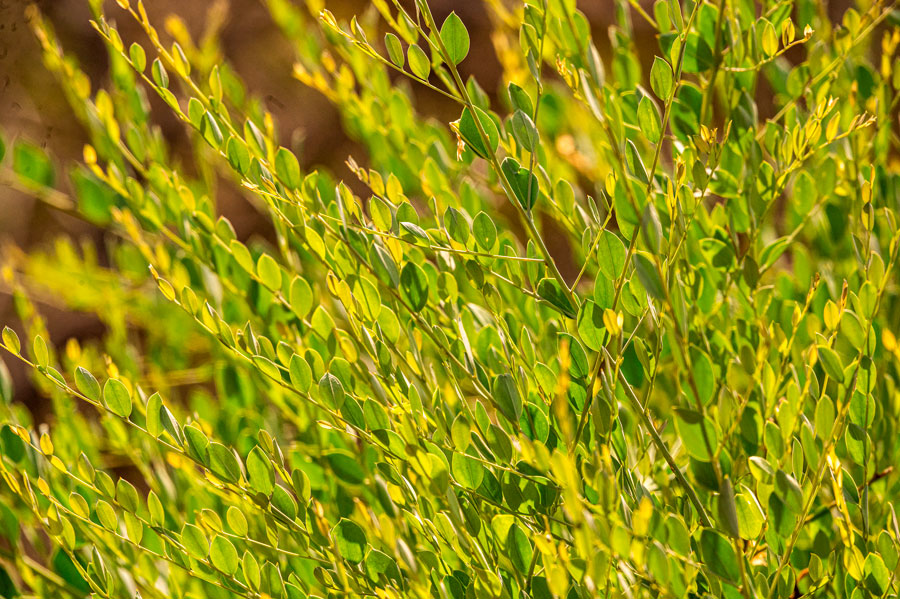
Assurance
Durability term:
200 years
Durability guarantee:
30 years
Verification:
All partners have committed to ongoing audits and reviews to ensure the project continues to meet the highest contemporary independent standards available, with ongoing data gathering, monitoring and analysis across the project to meet both the Verified Carbon Standard (VCS) and the CCBA standards for community, climate and biodiversity conservation.
Additionality:
Without this project, grazing patterns would continue to be largely uncoordinated across much of the landscape, which would exacerbate overgrazing, erosion and rangeland degradation, and lead to continued conflict between neighbouring communities over scarce natural resources.
Permanence:
Any potential soil carbon reversals on rangelands are slow, as droughts or even a year of overgrazing simply prevents one year of carbon inputs. Substantial reversals require multiple years of return to poor grazing practices, which are unlikely given the economic incentives for continuing to use sustainable practices. The threat of catastrophic or immediate loss to the established soil carbon pool is very low, as fires and droughts don’t directly affect the pool. Conversion of grassland to crop agriculture is also extremely unlikely due to the poor sandy soils found in the project area and the low average, highly unpredictable rainfall in the region.


